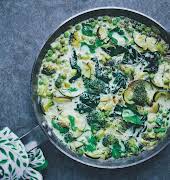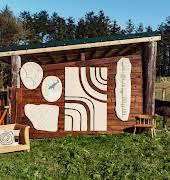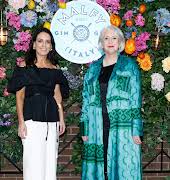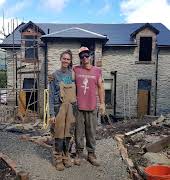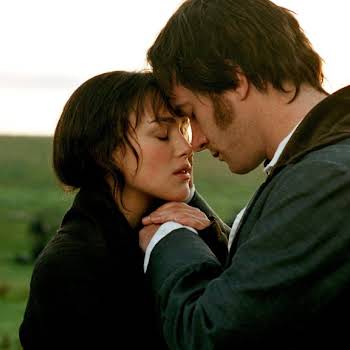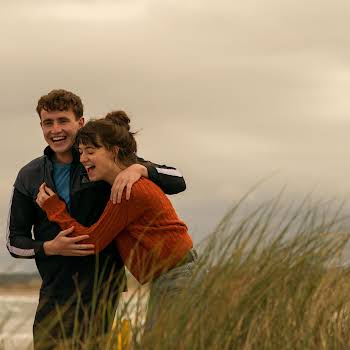
By IMAGE
11th Nov 2014
11th Nov 2014
The secret to long and everlasting love? It’s an age old question, but the answer’s not all that complicated, if four decades of research are to be believed.
In their quest to learn more about relationships and get to the crux of what makes them work beyond those first few honeymoon years when everything appears to be wonderful, researcher John Gottman, along with his wife Julie, set up The Gottman Institute.
Interviewed recently by the Business Insider, Gottman explains their findings, revealing the key ingredients for a happy relationship. Beginning in 1986, Gottman set up the ‘Love Lab’ wherein he examined a large bunch of newlyweds, their language and behaviour towards one another, as well as their physiological changes, to see what could be observed.
Interestingly, he brought the same couples back six years later to discover that some had stayed together while others were either separated or deeply unhappy in their relationships. Looking back on the findings from the Love Lab, Gottman was able to distinguish between the two types of couples, referring to them as Masters (those who were still happy and together) and Disasters (separated or unhappy). Scientifically, Gottman found that the more physiologically active the couples were in the lab, the sooner their relationships went downhill. When asked about issues they faced and even fond memories together, the Disasters tended to speak as though they were preparing for battle. Their interactions were punctuated with hostility and contempt.
Compared with this, the Masters in love appeared both during the Love Lab and six years later to be emotionally and physically comfortable in each other’s presence as well as in the discussion of what could be deemed contentious. They were calm, they considered each other’s points of view and were driven by kindness.

Ultimately,?what Gottman observed as far back as 1990 was that the Masters were far better at showing interest and support in their partners’ bids for connection. For example, if your husband mentions something that interests him to you, he’s doing so because he feels it’s important enough to be brought up, and so, wants your fervent acknowledgement, even if it’s not necessarily something you’re interested in. Gottman refers to this behaviour as a bid and your reaction to that bid as a ‘turn-toward bid’. Masters, he found, had 87% turn-toward bids, meaning that their partners appeared actively interested in their quest for connection. Meanwhile, the Disasters’ turn-toward bids stopped at 33% with the majority of couples feigning the slightest bit of interest or ignoring them altogether.
?There’s a habit of mind that the Masters have which is this: they are scanning social environment for things they can appreciate and say thank you for. They are building this culture of respect and appreciation very purposefully. Disasters are scanning the social environment for partners? mistakes.? – John Gottman.
In short, Gottman now tells BI that he can predict with up to 94% certainty whether or not a couple will go the distance, based on his observations of these types of behaviours. Meeting each other’s emotional needs through both kindness and generosity is the key take away from Gottman’s research. Concurrently, the number one reason why couples falter is down to one key trait: contempt.

So there you have it, younglings in love. While you might think you’re head over heels at this moment in time and that nothing could ever come between you (not even air breaks between kisses), if you want your relationship to thrive long after the dust has settled, you’d better start exercising kindness early and often, especially during arguments.
It’s simple and it makes sense, right? You’ll know you’re in the right relationship if you’re driven by kindness. Furthermore, at times when you just don’t feel like kindness comes easy, you’ll dig a little deeper to find some generosity towards your partner. If you notice yourself driven by negativity, trying to find problems where problems don’t already exist, you need to reconsider your situation.




